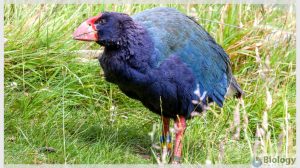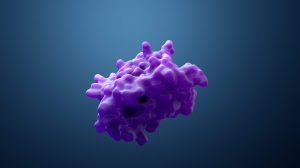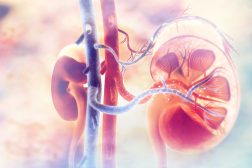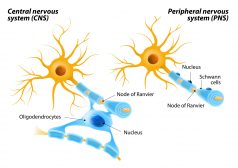Definition
noun
(parasitology) The stage in the life cycle of an endoparasite wherein it can initiate infection to its host
Supplement
A life cycle of a parasite pertains to its cyclic life history. It generally starts from the phase of a fertilized (embryonated) egg. The larva is then released from the egg to develop and reach adulthood, i.e. the reproductive phase in the life of a parasite. The life cycle of a parasite may be direct or indirect. A direct life cycle is one that which it completes its life cycle in a single host. An indirect life cycle is when a parasite requires another host for its development. The stage in the life cycle at which the parasite is able to initiate an infection to its host is referred to as an infective stage. It is in contrast to the diagnostic stage, i.e. the stage at which the parasite leaves the host, e.g. through excretion together with the stool, urine, or sputum. The infective stage of a parasite is one in which the parasite is capable of entering its host and continue its development within the host. Infection in connection with parasitology is defined as an invasion of the body by an endoparasite thereby inciting reaction from the host’s immune system. An endoparasite is a type of parasite that is found inside the body of the host. In contrast, the ectoparasite is one that thrives outside the body of its host. For example, Ascaris lumbricoides, a nematode, is an endoparasite that lives in the gut of its host. Its infective stage is the embryonated egg (as well as the second larval stage). Ingestion of the embryonated egg is one of the modes of transmission of this nematode.
See also:
Dictionary > Infective stage
You will also like...

Takahē (Porphyrio hochstetteri)
Meet the colorful takahē, an extremely rare flightless bird. Find out more about its unique features and why they matte..

Running Water Freshwater Community Factors
This tutorial noted some of the physical and chemical factors that provide the framework of a running water community in..

Protein Variety
The sequence of amino acids determines the type of protein. Protein is synthesized according to the sequence of nucleoti..

Homeostasis of Organism Water Regulation
Osmoregulation is the regulation of water concentrations in the bloodstream, effectively controlling the amount of water..

The Central Nervous System
Myelin sheath is essential for a faster conductivity of signals. Know more about this feature of some neurons in the Cen..

Origins of Life on Earth
Earth was created around 4.5 billion years ago and life began not long after. Primitive life likely possessed the elemen..

